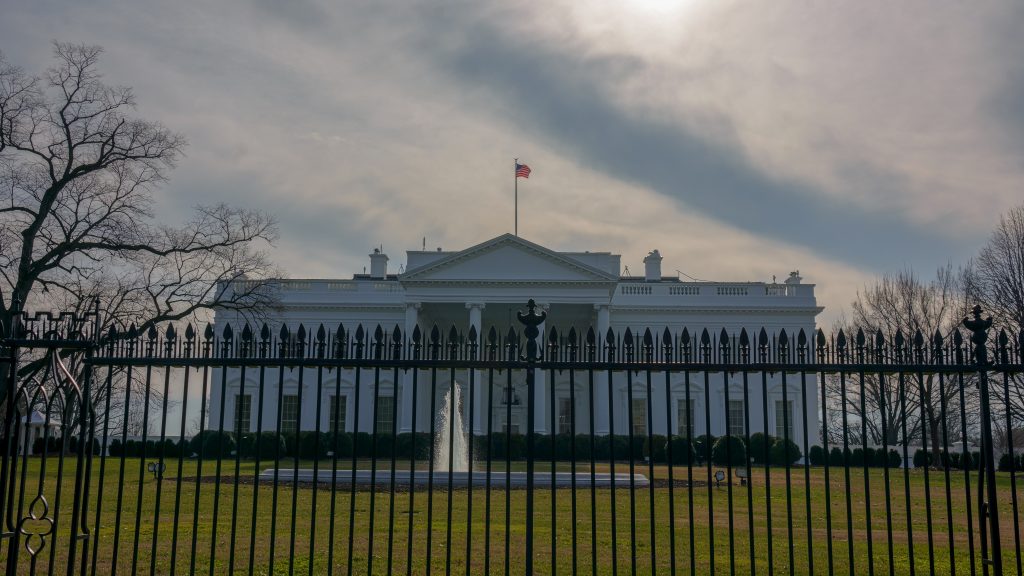Creating sustainable futures is critical to ensuring a healthy and stable planet for future generations.
However, there are several misconceptions about sustainability that can hinder progress towards achieving this goal.
This article will highlight the 12 most common misconceptions about creating sustainable futures and provide detailed explanations of each point, with credible sources such as the United Nations Environment Programme (UNEP) and the Intergovernmental Panel on Climate Change (IPCC).
- Sustainability is just about the environment.
One of the most common misconceptions about sustainability is that it is only about the environment. However, sustainability is about finding a balance between social, economic, and environmental needs. Sustainability requires that we consider the social and economic impacts of our actions alongside the environmental impact.
- Sustainability is expensive.
Another common misconception is that sustainability is expensive. However, sustainable practices can often lead to cost savings in the long run. For example, investing in energy-efficient technologies can reduce energy costs and improve the bottom line.
- Sustainability is only for the wealthy.
Sustainability is often associated with expensive products and services, leading to the belief that it is only for the wealthy. However, sustainable practices can be adopted by individuals and organizations of all income levels. Sustainable living practices such as composting and recycling are accessible to everyone.
- Sustainability is an individual responsibility.
While individual actions are critical in creating sustainable futures, sustainability is a collective responsibility. Governments, businesses, and organizations all have a role to play in creating sustainable futures.
- Sustainable products are always better.
Not all sustainable products are created equal. Some products marketed as sustainable may still have negative environmental impacts, such as requiring a lot of energy to produce or transport.
- Sustainability is only for “green” industries.
Sustainability is relevant to all industries. All industries have an environmental impact, and all have the potential to adopt sustainable practices.
- Sustainable practices are impractical.
Sustainable practices are often thought of as impractical, but this is not necessarily true. For example, public transportation and carpooling are practical ways to reduce carbon emissions and improve air quality.
- Sustainability is too complex.
Sustainability can seem complex, but there are many practical and accessible ways to adopt sustainable practices. For example, reducing energy consumption, recycling, and composting are all simple ways to reduce our environmental impact.
- Sustainability is only for the developed world.
Sustainability is relevant to all nations, including developing countries. In fact, sustainable practices can be particularly beneficial for developing countries that are more vulnerable to the impacts of climate change.
- Sustainability is a luxury.
Sustainability is not a luxury; it is a necessity. Adopting sustainable practices is critical to ensuring a healthy and stable planet for future generations.
- Sustainability is a new concept.
Sustainability has been a concept for centuries. Indigenous communities around the world have practiced sustainability for generations, and modern sustainability practices have been developed over several decades.
- Sustainability is only about reducing carbon emissions.
Reducing carbon emissions is critical in creating sustainable futures, but sustainability is about more than just carbon emissions. It is about finding a balance between social, economic, and environmental needs.
Creating sustainable futures is critical to ensuring a healthy and stable planet for future generations.
However, there are several misconceptions about sustainability that can hinder progress towards achieving this goal.
We must be aware of these misconceptions and work to overcome them to create a sustainable future for all.
References:
United Nations Environment Programme. (2018). What is sustainable development? Retrieved from https://www.unenvironment.org/what-we-do/sustainable-development
Intergovernmental Panel on Climate Change. (2018). Global warming of 1.5°C. Retrieved from https://www.ipcc.ch/sr15/
United Nations Development Programme. (2020).



